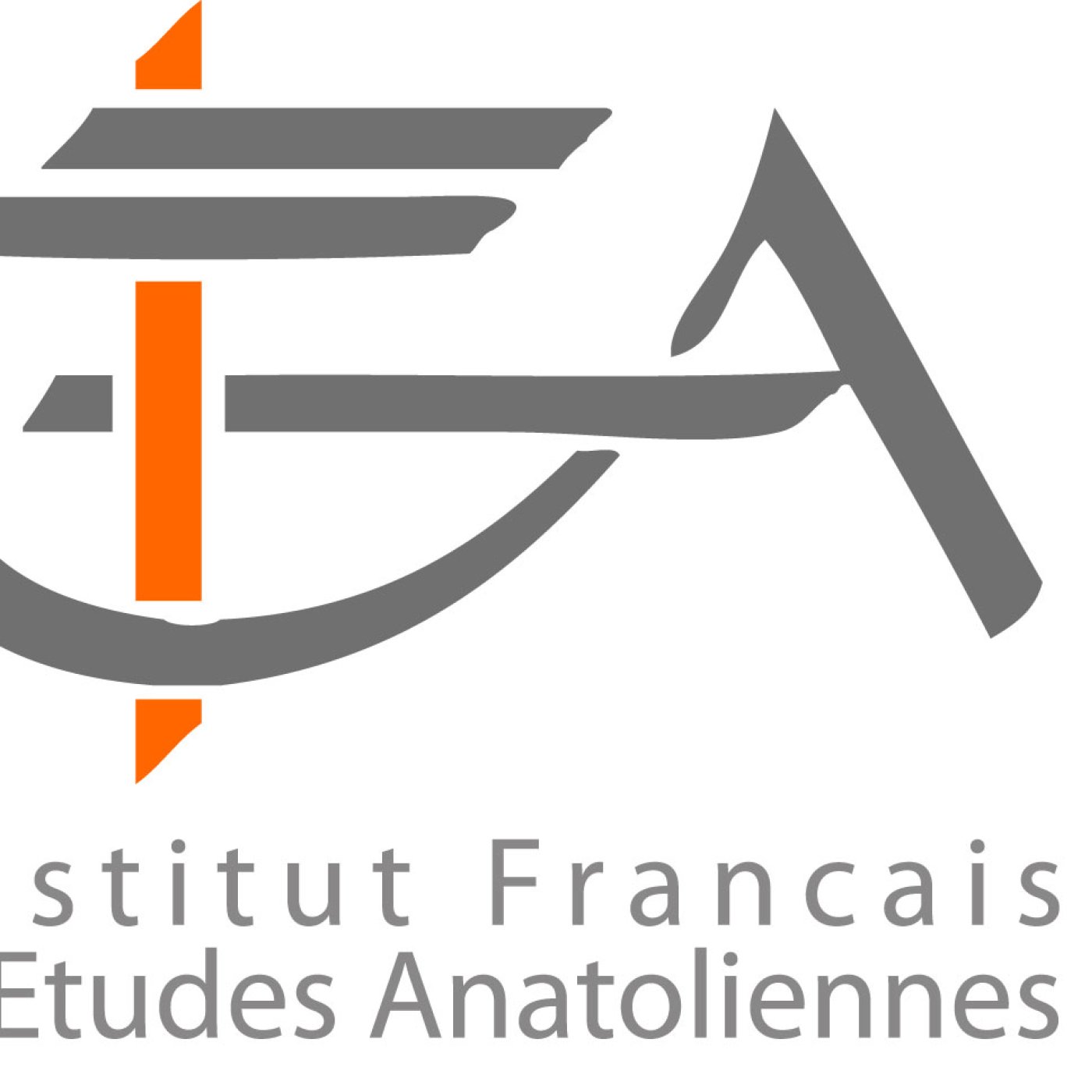Turkey and Iran: Liquid Alignment and Regional Balances

Salih Bıçakcı (Kadir Has University) and Bayram Sinkaya (Yıldırım Beyazıt University)
Iran and Turkey have been competing for regional power projection in the Middle East for almost centuries. Current developments, noticeably in Syria and Iraq are the new scenes of cooperation and competition schemes between these two actors. Both parties sought a solution through cooperation to find a peaceful end to the conflict in the Astana talks, while also at the same time confronting each other in Idlib province via proxies. This simultaneity of competition, cooperation, and confrontation that has been reinforced in the Syrian Crisis present a picture of a relationship that is riddled with contradictions and is in effect a paradox.
The question that must be asked is, how can we understand this puzzle of competition, cooperation, and confrontation in Turkish–Iranian relations in the Syrian Crisis but not only, even in the Caucasus and in the larger Middle East. Historical and contemporary research brings in discussions on the longue durée, narratives, domestic constraints, and, most importantly the international factors which can help to decipher this intellectual puzzle. Moreover, the ‘relationality’ of each country’s policies in Syria combined with historical regard on the mutual perception can help unlock the puzzle of the Turkish–Iranian relationship in Eurasia and the Middle East, and provide insight into the debate surrounding the diverging Turkish and Iranian policies in the Syrian crisis.
Dr. Salih Bıçakcı is Associate Professor of International Relations at Kadir Has University, Istanbul. He completed his B.A. on History at Marmara University Education Faculty in 1994, and his M.A. at Marmara University Turkic Research Institute in 1996. Bıçakcı received his PhD from Tel Aviv University in Israel in 2004. Dr. Bıçakcı began his academic career at Işık University and took part in numerous academic projects on identity, security and terrorism. He has thought classes in several national and international universities on the Middle East in International Politics, International Security, International Relations Theory and Turkish Foreign Policy. He has made evaluations and presentations on cyber security at the NATO Defense Against Terrorism Centre of Excellence (COEDAT), NATO Command and Control Centre of Excellence (C2COE) and NATO Maritime Security Centre of Excellence. He has though Cyber Security and Middle Eastern Security courses at the Armed Forces Academy of the Turkish War College. He has presented on international security and cyber security in several international academic conferences.
Bayram Sinkaya is Assistant Professor in the Department of International Relations in the Faculty of Political Science at Yıldırım Beyazıt University, Ankara. He received his PhD from Middle East Technical University, Ankara. He has been a Visiting Researcher at Columbia University (2007-2008). His research interests include Iranian politics, Iran’s foreign and security policies, Middle Eastern politics and the Turkish foreign policy. He is the author of The Revolutionary Guards in Iranian Politics: Elites and Shifting Relations (NY: Routledge, 2015).
Intervention en anglais
Détails
| Date de l'événement | 10/03/2021 6:00 pm |
| Places | Illimitée |
| Inscrit.e.s | 0 |
| Lieu | Zoom meeting |




